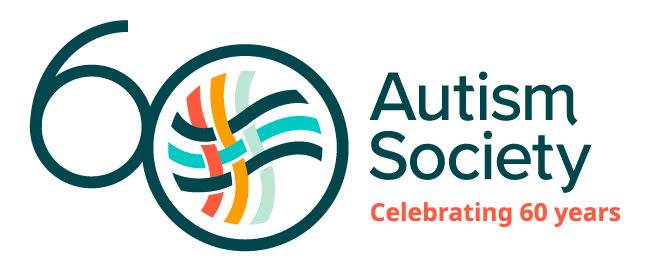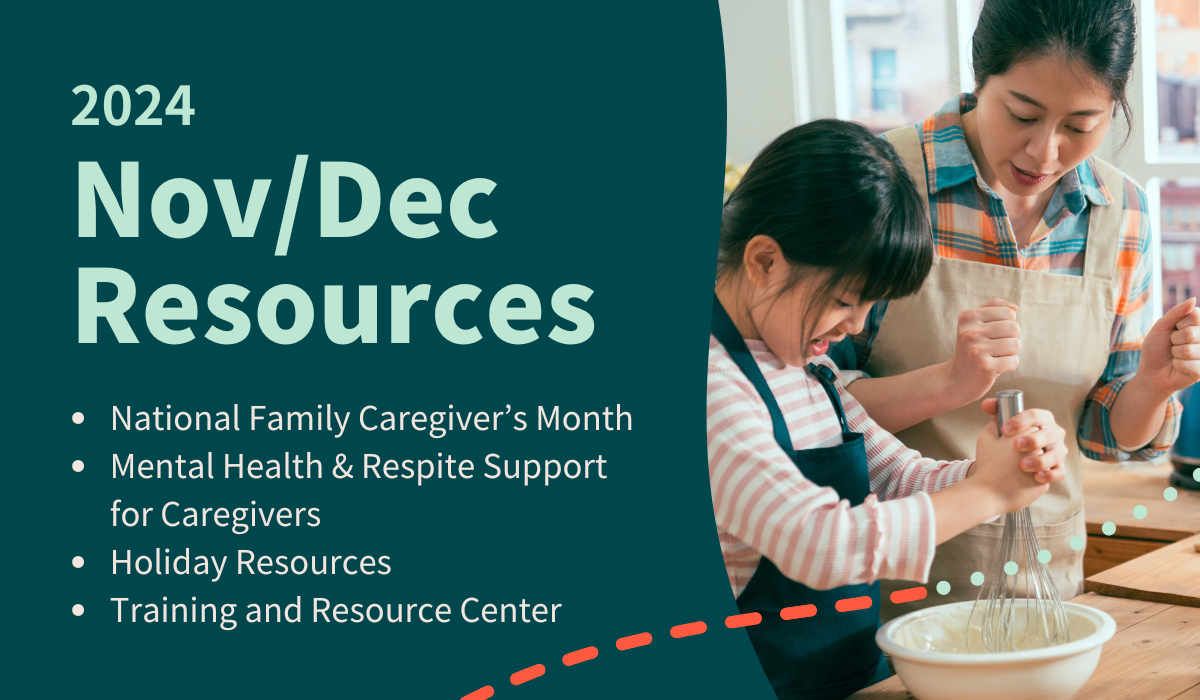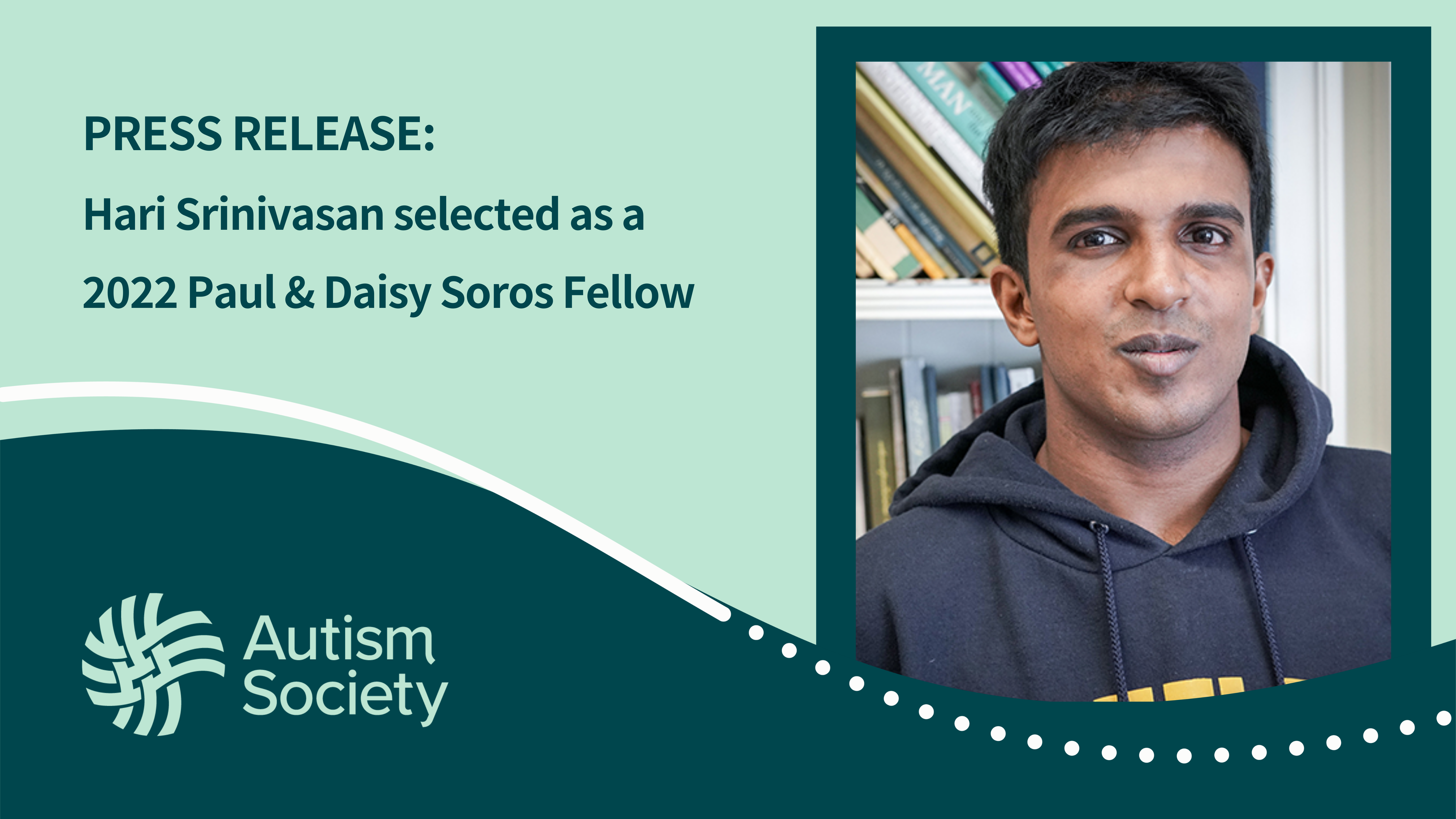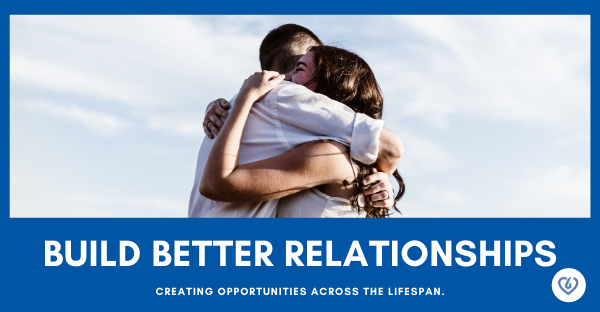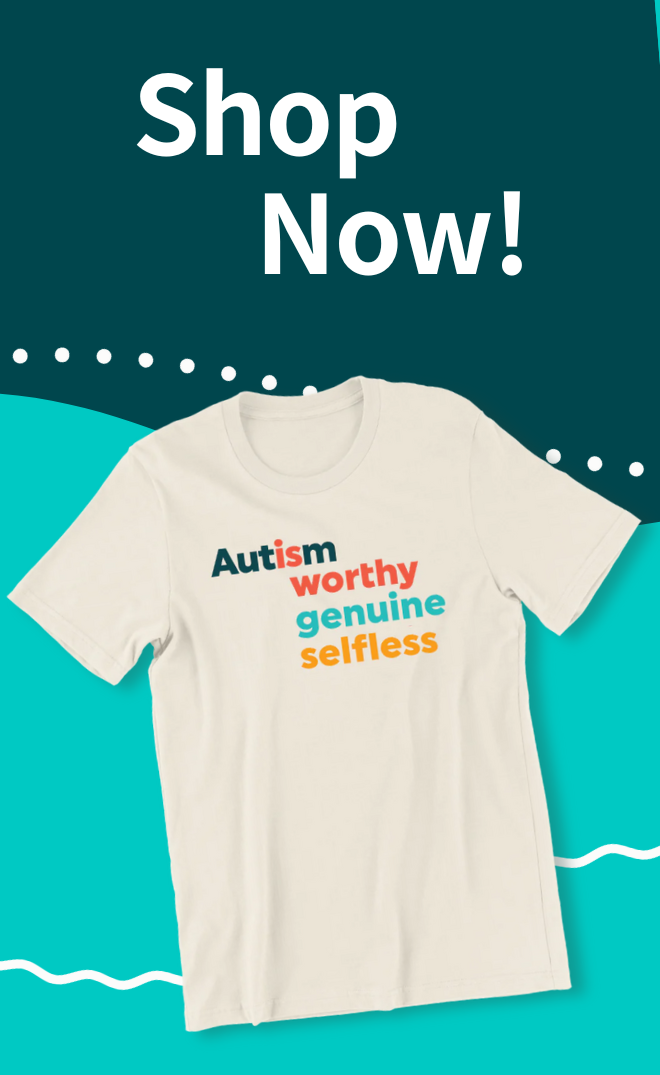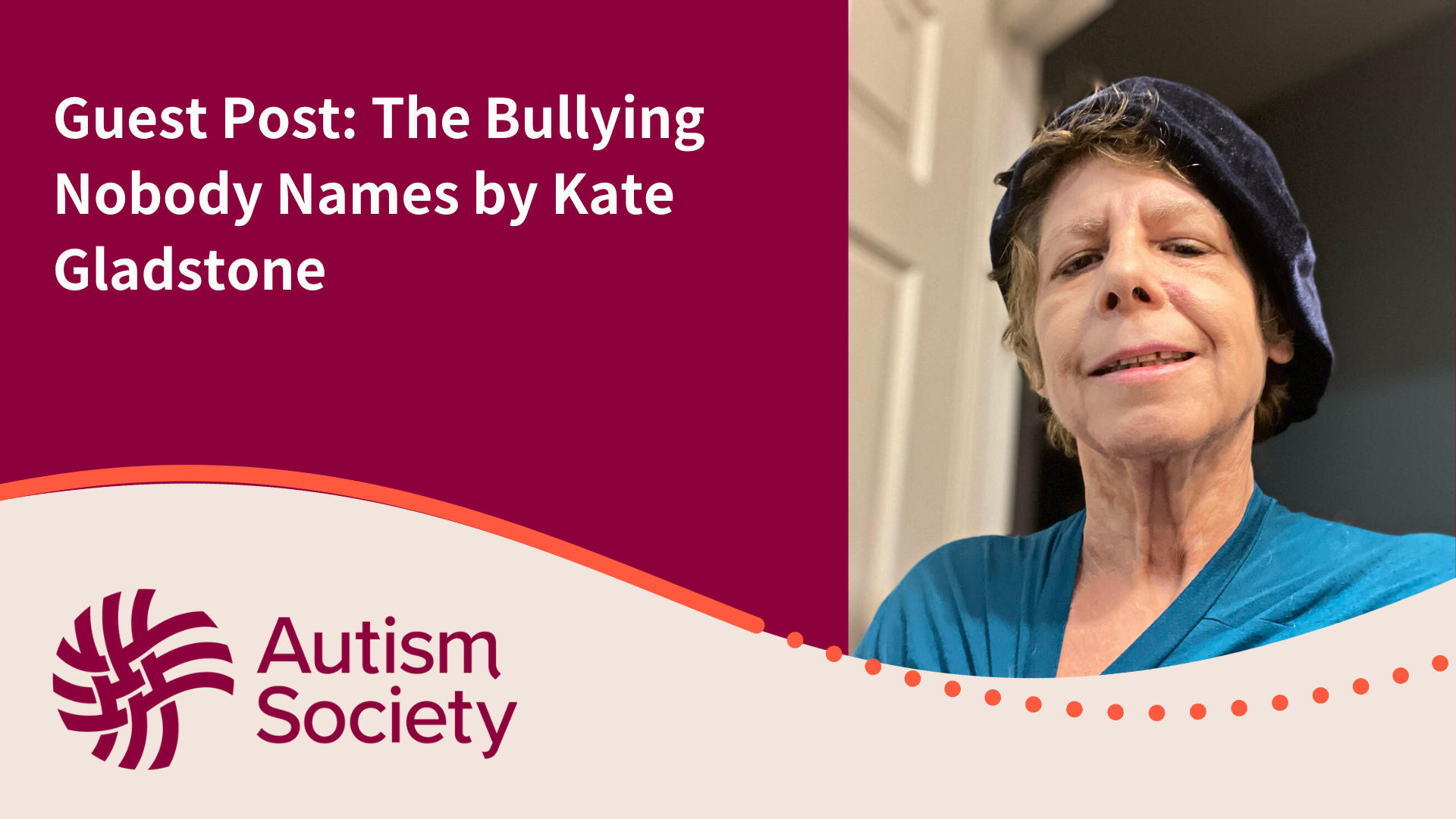
In the following blog post, our featured author Kate Gladstone, a member of the Autism Society of America’s Council of Autistic Advisors, uses identity-first language.
Because Autism and the experiences of living with Autism are myriad and unique, and individuals who self-advocate have preferences about how to describe their identity, we always recommend asking an individual what their preference is. The Autism Society honors and recognizes that both identifiers are valid for individuals; our practice is to start written materials with person-first language and use identity-first language as a secondary reference after the opening use.
With all that is said and written about bullying, one of its forms is almost always ignored — yet it is the commonest form I’ve experienced at home, in the community, at school, and in the workplace. It’s the practice of systematically bullying a person who gets something right, that is more socially acceptable to get wrong. In my experience, Autistics undergo this style of bullying more than neurotypical people.
In my own life, for instance, it’s been at least 75% of the bullying I’ve undergone. I call this form “information scapegoating” — it’s an intensified version of gaslighting. In simple gaslighting, one person misrepresents another’s experiences, observations, and prior knowledge during interactions with the other person; claiming that the other person’s experiences/observations/knowledge are not only wrong, but are actually evidence of something wrong within that person, such as a disease or an intellectual disability. In information scapegoating, the force behind the misrepresentation is not just one person, but is a community flexing its social and cultural muscle against someone who knows (and cares about) things that are outside the community’s consensus.
Information scapegoating began in childhood for me, decades before my diagnosis, at the hands (and mouths) of other kids and family members. That circle later expanded to include classmates, teachers, co-workers, employers, and/or therapists.
Here’s an information scapegoating incident from my own life: one of the mildest. In fourth grade, my English teacher (who’d had several “Teacher of the Year” awards from her principal) assigned us a famous short story which (she said) was by Mark Twain. During classroom discussion, I asked her to please help me understand how a “Mark Twain story” mentioned an event that occurred decades after his death, had a publication date 36 years after Twain’s death, and had a by-line that did not use his real name or alias names to document his stories. The teacher replied: “Only someone with a defective mind would think that way. This is a very famous story, and the reason it’s famous is for being by Mark Twain. Nobody else in the room has a problem with that, because nobody else needs to go by facts and figures like some robot.” Thereafter, she publicly called me a “broken robot,” “brain-damaged computer,” and other names, and encouraged my classmates to do so too — but first, she sent me to the guidance counselor. “Yes, technically it seems to be so-called ‘true’” — the guidance counselor said as he waggled his fingers like dancing quotation marks. “Objectively this famous story wouldn’t have been by Twain. But in American culture, it is socially accepted this famous story is by Twain. Even though it was, technically, written by someone else that nobody ever heard of. You need to learn to instinctively perceive that the real reality, is people, not facts. Can you be the bigger person, and set aside your concern with facts in order to subordinate yourself to the bigger social picture, so you can grow into a full human being? Go back to your teacher and your class and apologize for not being a part of the real world of people and shared ideas.”
I didn’t apologize — and I don’t want to tell you what happened next. Here’s what I learned from that day, and from thousands of other times I’ve been told (by words and/or actions) that anyone whose perceptions are excluded by the social group may be — and should be — bullied in the name of group consensus:
- Many people behave as if they thought that the ultimate reality was a group consensus.
- Those people, and the groups and cliques they form, often gain social authority and power over others.
- They regard social “fitting in” as the right way to be a person… To me, Autistics, in such an environment are not perceived as “people” — and therefore are targets for any form of scapegoating, bullying, or other assaults.
- Societies, cultures, and subcultures that advance or allow information scapegoating are communities that rely on massive barriers of exclusion against anyone who thinks or acts differently.
How can we — as a society, and as a species — make sure that each and every child is reared as a human being, and is treated lifelong as a person, not as a “broken robot”? Autism is not a rubber stamp, blotting out one’s individual identity as if canceling a passport. Autistics, like the rest of the human race, deserve a culture where flourishing is possible.
How do we get there from here? Some suggestions:
- Raise each child to be aware — and to care — that social consensus is not the ultimate value.
- Teach our children — and ourselves — that information scapegoating stops here, now, forever. Like all bullying, it is a form of torture. Teachers, counselors, and therapists especially need to make sure that no child, teen, or adult is ever penalized, slandered, or assaulted (verbally or physically) for knowing something that some other person does not yet know.
- Prioritize research that can lead to systemic change in preventing information scapegoating, identifying it, and reversing the serious social and psychological damages that it creates. All research teams and the research subject pools, need to include and prioritize the survivors of information scapegoating, including Autistics (some of the people who are most often and most fiercely, targeted in this particular form of assault.)
Read Kate’s bio here.
Please note that all opinions expressed in this post are a reflection of the author’s personal experiences or preferences and do not reflect the opinions of the Autism Society of America.
Share:

